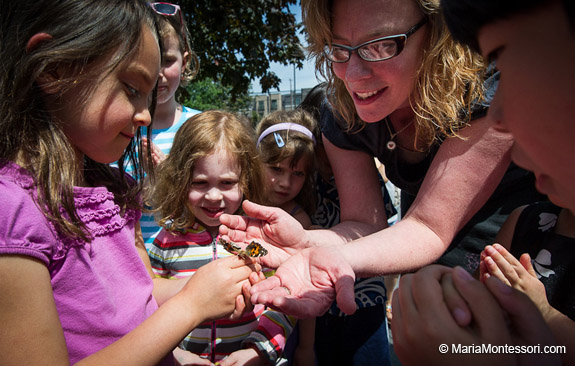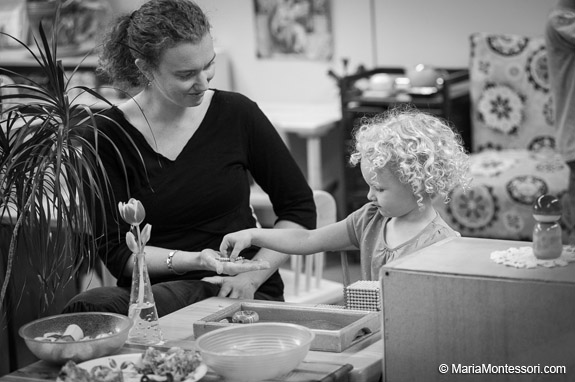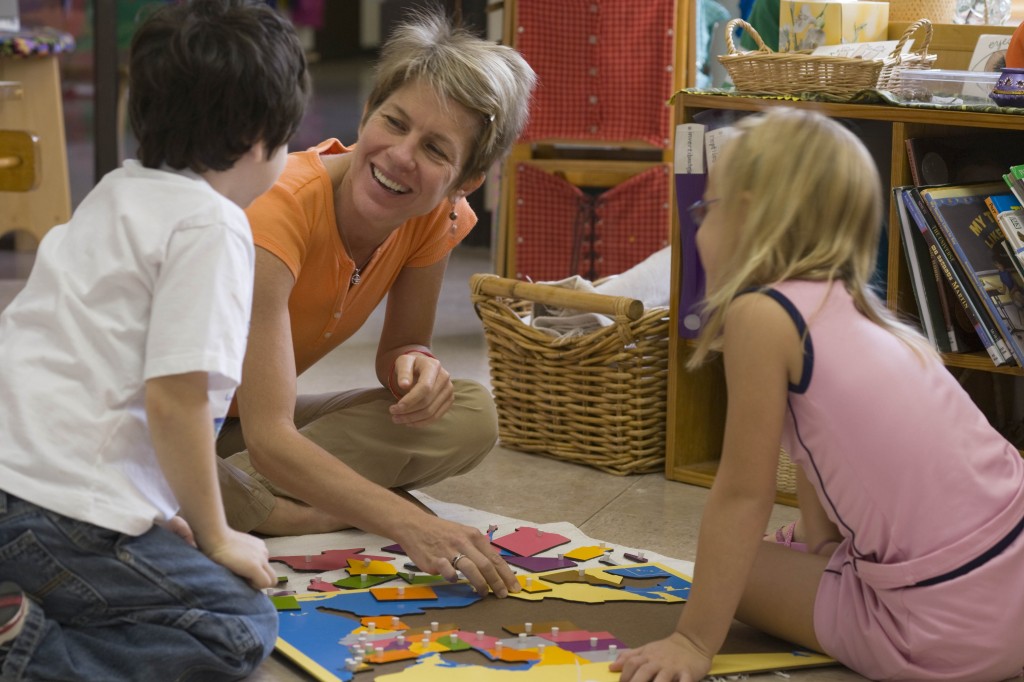


Parents and teachers are some of the most inspiring people at work in the world today. We’ll break into song when the first robin appears, dance a jig when the sun breaks through the clouds, cry on the last day of school, and laugh when it snows in April.
We begin each day hoping to impart knowledge. At day’s end, we consider all we have learned. Cliché, Pollyannaish, but true: learning really is the best part of teaching. The best part of parenting really is seeing the world through the eyes of a child once again.
Our true stories sometimes become parables, investing meaning and value in ordinary days. Laughter and memory help us endure the sleepless nights that are part of the parenting package.
Even the embarrassing stories are too good not to share:
Laugh
Soon after Tommy began speaking in two-word phrases, he started stuttering. His mother read and sang with him. She worked diligently to engage him in affirming, accepting conversations. Tommy continued to stutter.
One evening, after listening to his wife worry over the phone with a speech therapist, Tommy’s clear-headed father said, “Honey, if stuttering is the worst thing we have to deal with, let’s run with it.”
Tommy’s mother is thoughtful, a loving mother caught up in a common but unfortunate drive for perfection. When she laughed, her perspective shifted. In a giggly flash of personal insight, Tommy’s mother realized that stuttering is a walk in the park, compared to many other challenges parents face.
Laughter improves parenting, especially when parents laugh together.
Love
Anna has just returned to her suburban home after a year teaching in impoverished communities. She talks with teachers and parents about the challenges she faced: hungry children, poorly equipped classrooms, neglectful parents, and contaminated water.
Anna laughs at the memory of the morning she stood in the shower, busily lathering her shampoo when the water petered out. “It was a long day,” she said. “I looked ridiculous teaching, and I felt ridiculous.”
Dressed in blue jeans and a white cotton shirt, her sun-bleached hair tied in a knot at her neck, Anna does not convey missionary zeal. She is a quiet, dedicated teacher. “I am not religious,” she said. “Mother Theresa was right, though. ‘Not all of us can do great things, but we can do small things with great love.’”
Learn
Ben Cooper was one of the brightest kids in his elementary class, the type of student who jumped up and down with excitement when he solved math equations. Jim and Melinda Cooper enjoyed every moment of their son’s early education. Ben left for school excitedly and returned home enthusiastically.
Ben’s teenage angst caught his parents by surprise. They assumed their son’s intelligence and extraordinary spirit would trump the defiance that afflicts so many adolescents. Jim said when he learned his son was flunking his high school math class, he was flabbergasted
“I asked Ben what the problem was. He said he was supposed to turn in his notes and show his work.” Jim sighed. “Turning in notes accounts for a large percentage of the grade.”
Jim is a fine father, a calm, disciplined, and loving mentor for his three children. As he confided his story, Jim’s smile was honest, generous, and easy. “I asked Ben if he had taken notes. He had. Ben just didn’t bother to turn them in, ever.”
“Ben reminds me of myself at his age,” Jim said. “I remember the feeling of adolescence, the acne, and the urge to rebel. I remember thinking my parents and teachers were dumb. I can empathize but, to be honest, parenting an adolescent was driving me bonkers.”
Jim said failure has been a good teacher. “There is only one preparation for parenting an adolescent,” he said. “Today, the time I have with Ben today is all the preparation I get. I’m learning today is all I need to understand tomorrow.”
Ben is still an adolescent, still growing up, still defining himself and his world. His parents are growing up with him. Jim and Melinda take one day at a time, relying on the everything-will-be-OK confidence that is one of the marks of good parenting.
Live
When our oldest son was 18 months old, he had his first case of croup. He went to bed with a runny nose and awakened at 2 AM struggling to breathe. He was terrified, and so were we. We dashed to the emergency room, where the doctors gave him a breathing treatment and sent us home with instructions to see the pediatrician in the morning.
Our son slept late the next morning but woke up hungry and playful. The pediatrician told us then that is often the pattern with croup. Ten years later, we have lived through croup several times. A calm response and cool, fresh air have replaced the emergency room as our treatment of choice.
I still remember the sympathetic advice offered by the first parent I talked to after our maiden voyage with croup. Still exhausted from our sleepless night, I told her of our 2 AM trip to the emergency room.
“Well, the good news is, the emergency room gets easier every time you go,” she said. “Also, you go less often.”
She was right. Very few accidents feel like emergencies nowadays. When we do shift into emergency mode, the routine is familiar. We take a good book and make sure we have the most recent insurance card, let the dog out before we go, and head out. We return home hours later, bandaged and breathing, thankful for the comfort of home and the imperfect life that remains ours to cherish.